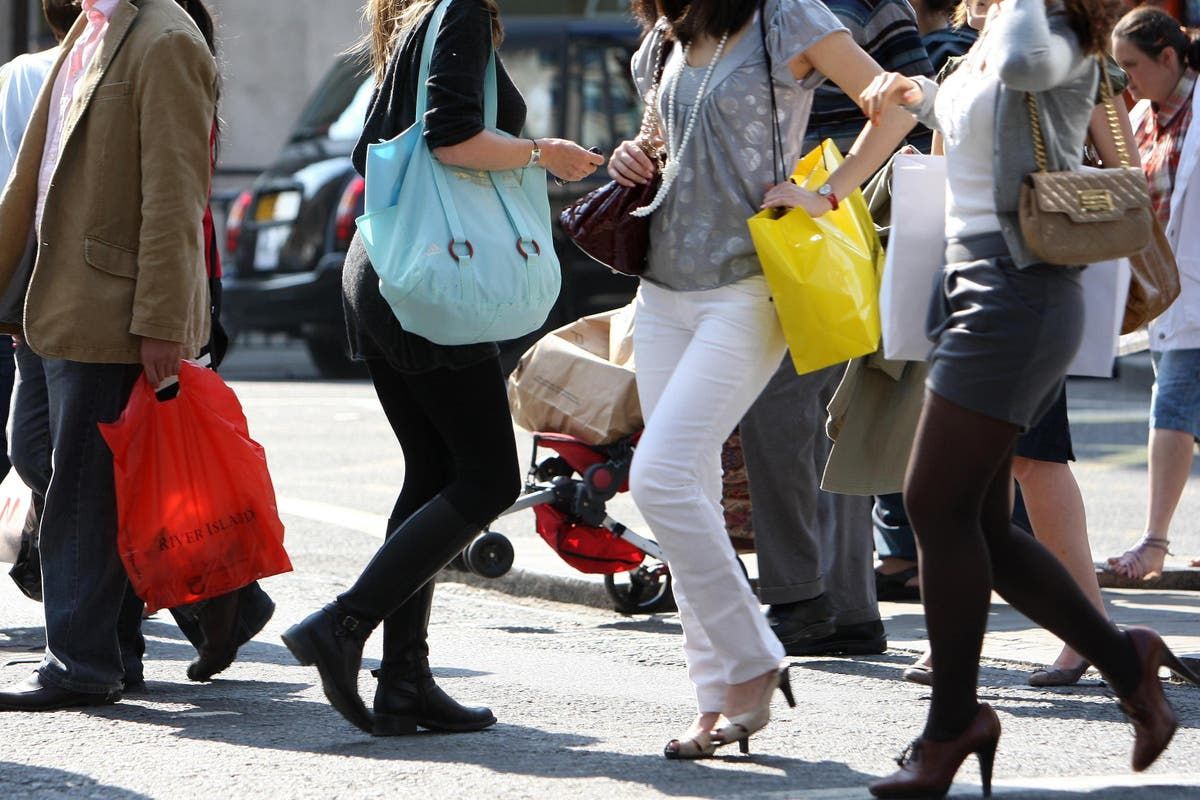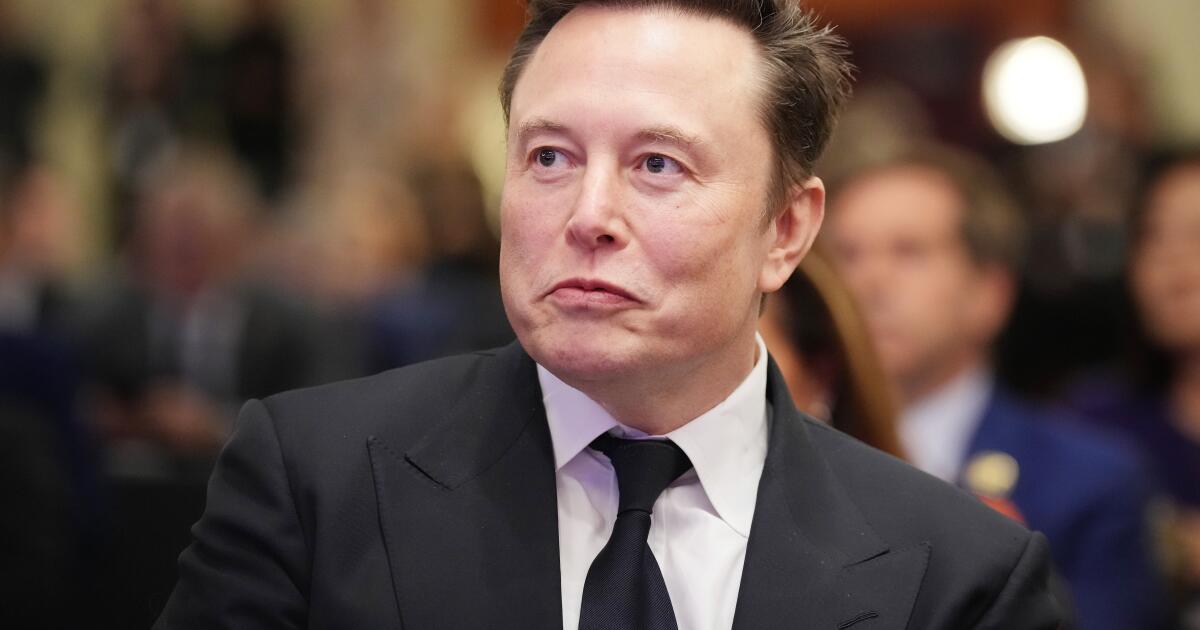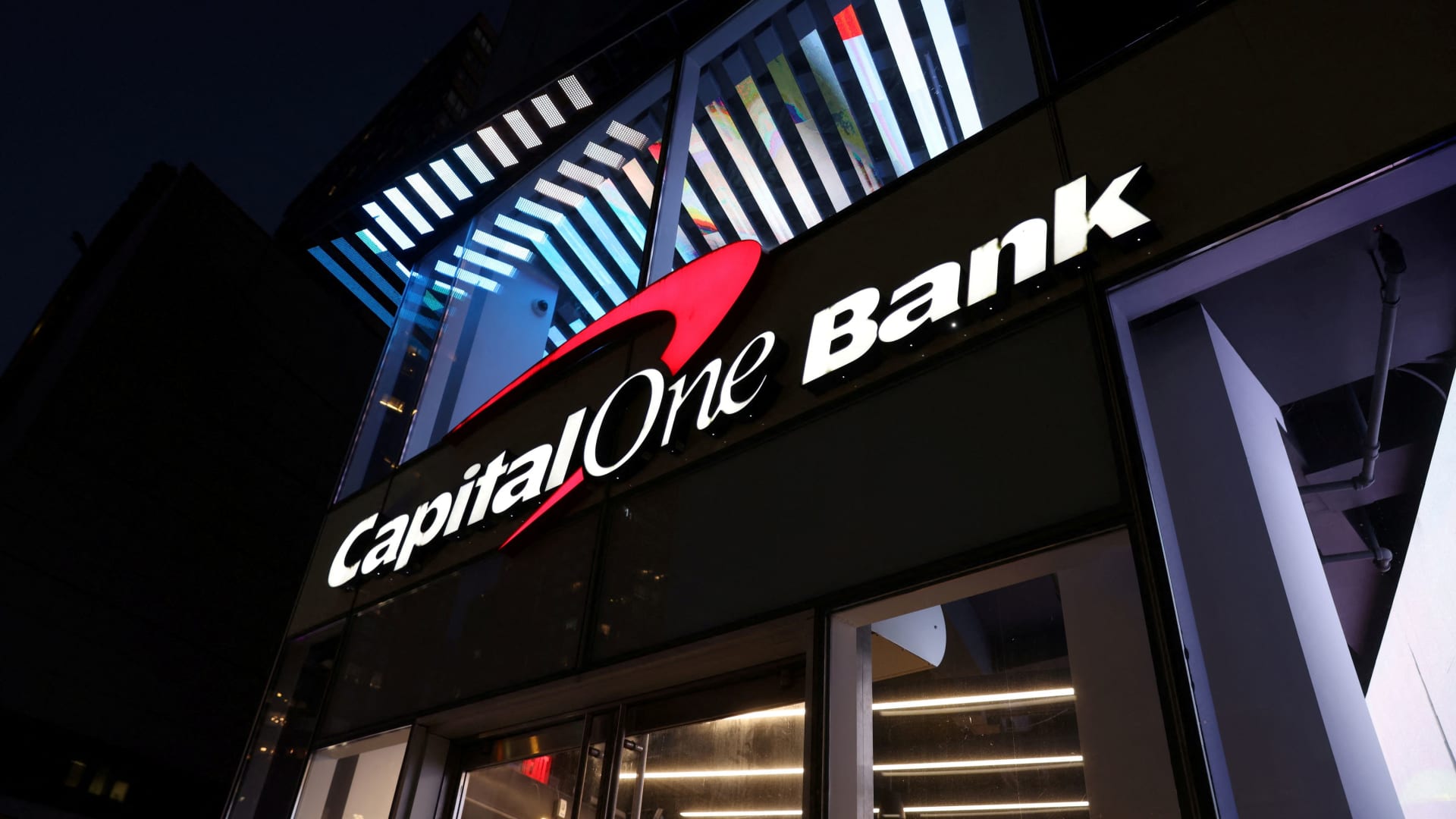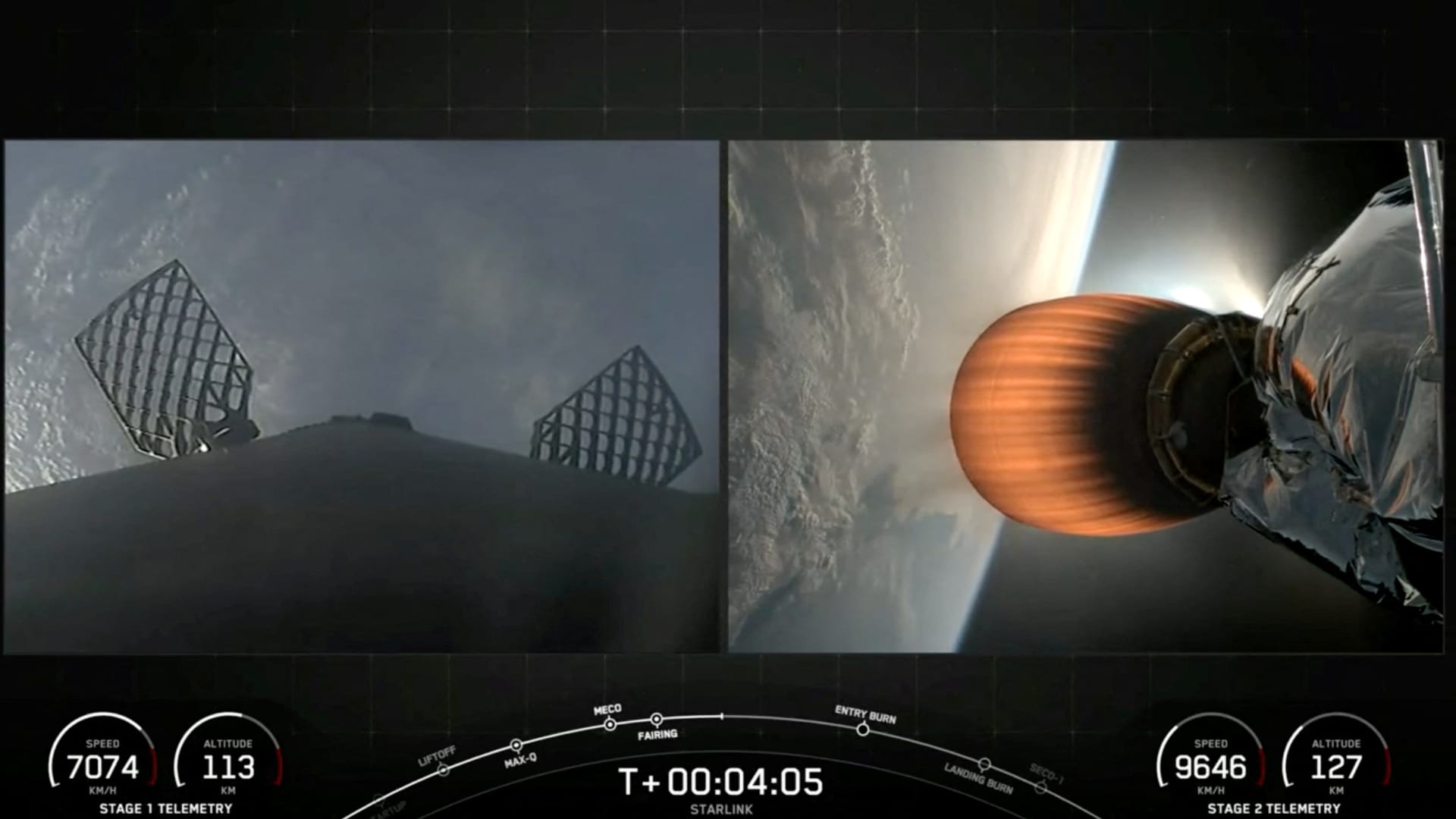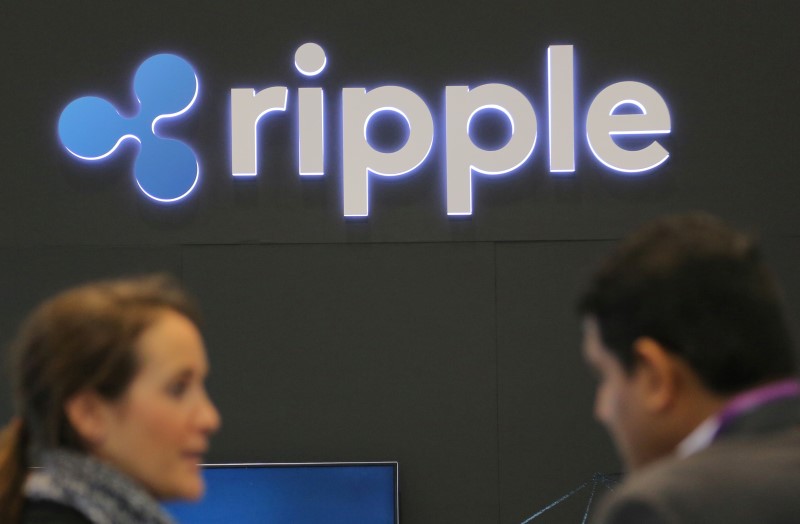UK inflation fell more than expected last month to the lowest level in more than two years as food price growth slowed for cash-strapped households, official figures show.
The Office for National Statistics (ONS) said consumer price index inflation stood at 3.4 per cent in February, down from 4 per cent in January and the lowest level since September 2021.
Most economists expected inflation of 3.5 percent last month.
Inflation is now closer to the Bank of England's 2% target and comes ahead of Thursday's latest interest rate decision.
Authorities are widely expected to keep rates unchanged at 5.25%, but the sharp drop in CPI is likely to reinforce expectations that the Bank is moving closer to cutting rates later this year.
Grant Fitzner, chief economist at the ONS, said: “Inflation fell in February to its lowest rate in almost two and a half years.
“Food prices were the main driver of the decline, with prices almost unchanged this year compared to a big increase last year, while price increases in restaurants and cafes also slowed.
“These declines were only partially offset by increased prices at the pump and a further increase in rental costs.”
Paula Bejarano Carbó, an economist at the National Institute for Economic Research, said: “Annual CPI inflation was 3.4 percent in February, up from 4.0 percent in January, driven by downward contributions from food. and alcoholic beverages.
“This figure represents the lowest annual CPI inflation figure since September 2021 and possibly indicates that the MPC may begin to cut interest rates in the coming months, although we do not expect any change at tomorrow's meeting.”
Dr George Dibb, associate director of economic policy at the IPPR, said: “Today's news that inflation is falling is welcome, but it does not mean that prices are falling, just that they are rising less quickly.
“The details of where prices continue to rise most rapidly also show that we are entering a new phase of the inflationary period in which food and restaurant prices are making the largest contribution to the decline.
“The Bank of England's high interest rates continue to cause damage to the economy. Indicators are heading in the right direction, with goods inflation, services inflation and “core” inflation falling this month, so we want interest rates to go down.
“In addition, the government must also move away from the strategy of tax cuts at all costs and prioritize much-needed investment in public services.”
This is breaking news…there will be more to come.

